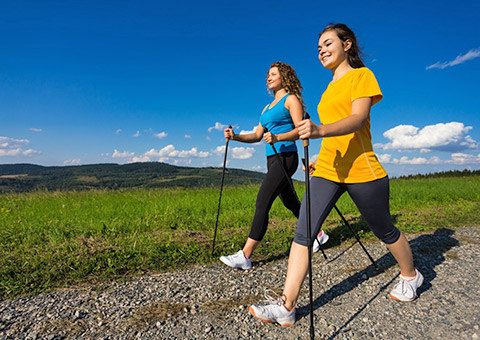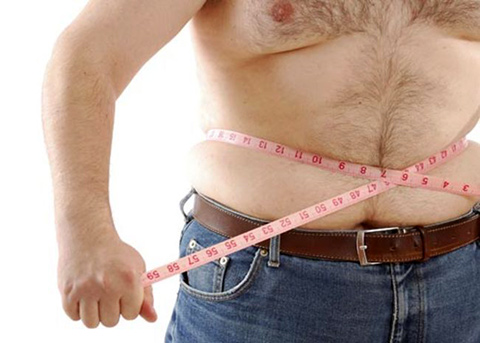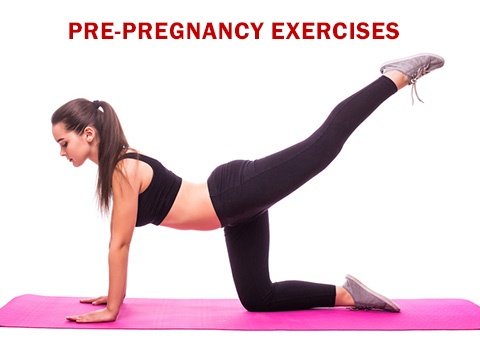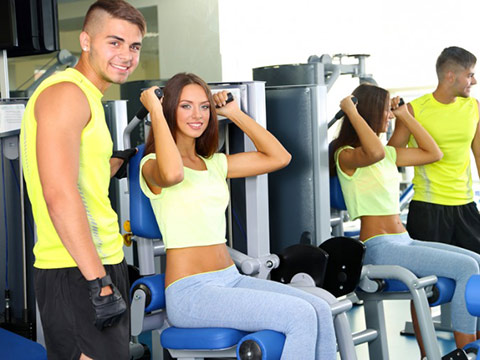Running basics
Think you’d like to start running? You’re not alone. Running is one of the most popular recreational sports in the world, probably because it can means so many things to so many people. Running is what you make it. You don’t have to be fast, run 100 miles a week or compete in marathons to be a runner. No matter how fast, how far or how often you run, it’s one of the best ways to lose weight (because it burns so many calories), reduce stress and help you live longer. It’s easy to do (after all, kids run around all the time), requires little equipment, is convenient (no gym membership required) and fun. In our articles you will find everything you need to know to get started.
Five reasons to start running
1. It’s one of the best ways to lose weight.
In order to get rid of unwanted pounds, you have to burn more calories than you consume. Running is more intense than any other form of cardiovascular exercise. It raises your heart rate more than cycling, swimming or other aerobic exercise can. That means you can burn more calories in less time.
2. It boosts your self-esteem.
When you feel better about your body, you feel better about yourself. Running gives you a stronger, healthier heart and lungs, to say nothing of shapely, muscular legs.
3. It eases tension and relieves stress.
Running is relaxing, or at least it should be. There’s something soothing about the rhythm of your breathing and your feet on the ground. Running gives you a chance to think, to put the stresses of everyday life into perspective. It can also trigger the release of endorphins, natural chemicals that ease pain and elevate your mood (what some people call a “runner’s high”).
4. It helps you live a longer, happier life.
Running, like other forms of aerobic exercise, makes your heart stronger, which reduces your risk for heart disease, the leading cause of death in the United States. It also helps control blood pressure and cholesterol, two other major risk factors for heart disease. It also strengthens your leg muscles, leading to stronger bones, something especially important to women as they get older.
5. It’s inexpensive and convenient.
The only equipment you really need is shoes and clothes. You don’t have to join a health club or sign up for a class to run. Just go to the park, or to a local high-school track, or even step out the door.
Running myths you shouldn’t believe
Running ruins your knees.
It’s true that running can lead to injuries in the knees and elsewhere. But most running-related injuries have distinct causes, primarily trying to do too much, too soon. As long as you run sensibly, you can expect to run for the rest of your life with your knees and the rest of your body not just intact, but healthy and strong.
Running will make my (insert body part here) sag.
On the contrary, running strengthens all the muscles you use to do it, making them less likely to sag, not more so.
Running isn’t fun.
Running alone is great way to relax and get some fresh air. Running with a friend or two is a chance for conversation and camaraderie. Running with a club or in a 5K gives you a chance to enjoy some friendly competition and make new friends. If you’re not having fun while running, rethink your approach.
Frequently asked questions about running
1. Will running ruin my knees?
It’s true that running can lead to injuries in the knees and elsewhere. But most running-related injuries have distinct causes, primarily trying to do too much, too soon. As long as you run sensibly, you can expect to run for the rest of your life with your knees and the rest of your body not just intact, but healthy and strong.
2. Is there such a thing as a “runner’s high?”
Running, like other forms of exercise, eases stress, and running for about 30 minutes or more triggers the release of endorphins, natural pain-suppressing chemicals that result in a euphoric feeling, which some people call a runner’s high.
3. How can I lose weight by running?
In order to lose weight, you have to burn more calories than you consume. Exercising increases your calorie burn and changing your eating habits can reduce the number of calories you take in. Because it works your heart and lungs harder, running burns more calories than other forms of exercise, which means you can burn more calories running in less time.
4. I’ve heard conflicting advice about whether you should wear headphones while you run. What’s the story?
Wearing headphones makes you less aware of your surroundings and therefore more vulnerable to a car, cyclist or attacker. If you want to wear headphones on the treadmill or in the gym, that’s fine, but leave them at home when you run outside.
5. I’ve just started running, and I want to do marathon. How do I train?
Many new runners take up the sport with the idea of finishing a marathon, but it takes a long time to train for one and complete it without being injured. Most marathon training programs advise that you have been running at least 20 miles a week for a year before starting to train. Concentrate on that for now, and in a few months think about entering some 5K and 10K races. The marathon will always be there when you’re ready.
6. Will running make my breasts sag?
Four things may cause your breasts to sag: pregnancy, your breast size, your weight and your genes. Running alone won’t do it, but a sports bra is always a good idea for keeping discomfort during exercise to a minimum.
7. Everyone says running isn’t expensive, but those shoes aren’t cheap. How much does it really cost to get started running?
A good pair of running shoes costs $100 to $150. Even if you went all out and bought shoes, a fancy watch ($100) and high-tech running outfits for summer (about $100) and winter (maybe $150) – none of which you absolutely need – you still wouldn’t be out more than $500. Compare that to the cost of a new bicycle or a health-club membership, and running starts to look like a pretty good deal as far as your wallet is concerned.
8. Will I stop getting my period if I run?
Amenorrhea, or a lack of menstruation, is thought to be the result of changes in diet as well as strenuous exercise. Many women run more than 100 miles a week and still get their periods. As a beginner, you won’t be running anywhere near 100 miles a week, but if someday you stop getting your period, see your doctor, as it can lead to weakened bones and infertility.
9. Where can I find other people to run with?
The next time you visit the running store or go to a race, look for information on local running clubs. Or you might try posting an ad on the bulletin board at your gym.
10. How do I get started?
Just go! Don’t even worry about shoes the first couple of times out. If you enjoy the experience and want to do it regularly, go to a running store for shoes and start slow and easy.






